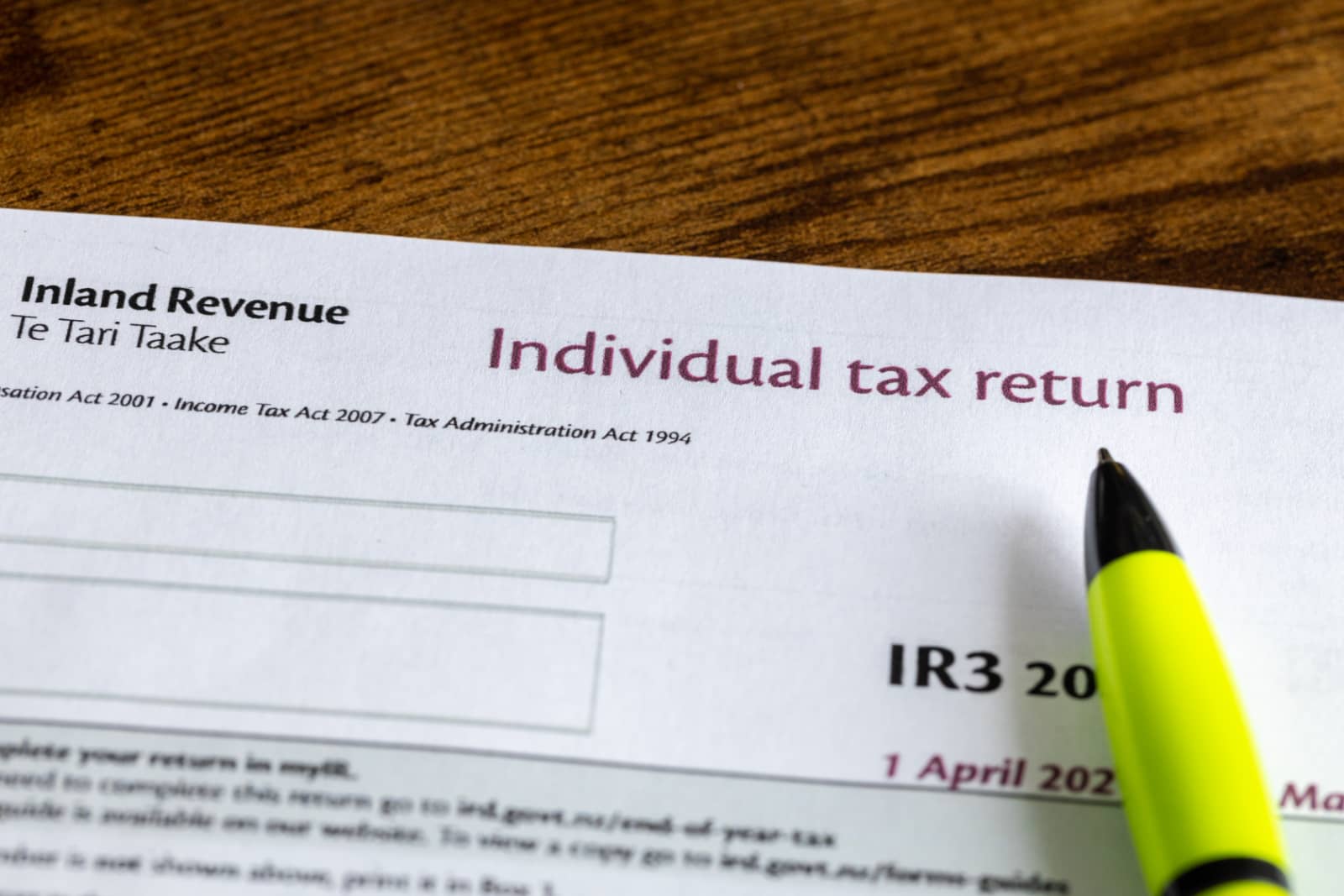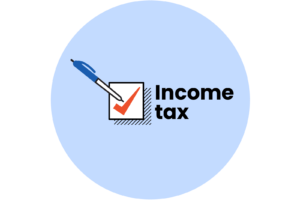Sole traders, owners of small businesses, and independent contractors are all considered to be self-employed. They can pay their taxes and file income tax returns with their individual IRD numbers. Their taxes will be calculated on the profits they’ve earned that year.
Tax Obligations You Need to Know
If your work is considered to be in the “self-employed” bracket, you are obligated to pay taxes to the IRD and file returns before the end of each financial year, (usually 31 March). A good way to make sure you have enough money to pay your tax is to put about 20 to 30 percent of every invoice that clears into a separate account. Use this to pay your tax at the end of the year. This way you won’t be scrambling to raise the money.
See our Self Employed Tax Calculator
Schedular Tax Payments
Some independent contractors are given the option of having their taxes deducted for them and paid directly to the IRD. This is what schedular payments are. Those who work through hiring companies or recruiters and get paid through them are eligible for schedular payments.
Those who work directly with clients and get paid by them could request the company to deduct taxes on their behalf. The company is not obligated to agree to do this. If you follow this option, you need to fill in a form (the IR330C) with each new contract. This form needs to be submitted to the company you’re doing the work for. You will have to work out how much tax you owe or pay the standard rate that has been set for your type of work.
Schedular payments and filing returns must not be confused with one another. Even after schedular payments are made, you still need to file your tax returns before the end of each financial year.
Provisional Tax
You will only be asked to pay provisional tax if, at the end of the financial year, the amount of tax you need to pay exceeds $5000. Paying provisional tax simply means that instead of paying a lump sum at the end of the year, you pay your taxes in instalments. The size of these instalments are calculated based on the amount you paid in the previous financial year.
GST or Goods and Services Tax
This is applicable only if your yearly income is more than $60,000. If you expect your earnings to cross this number, you need to register for GST and file these returns routinely. If your annual income is less than $60,000 then you are not obligated to register for GST but you could if you choose to.
ACC Levies
ACC bills are frequently overlooked by small businesses, and can be a large financial surprise. You will need to pay ACC a percentage of your income, based on the type of work you do and your business classification unit. This can be several hundred or thousand dollars, so be aware that it will need to be accounted for.
Frequently Asked Questions About Business Taxes
What are the consequences of not paying your taxes?
Failing to declare your total income or profits can earn you some heavy fines in addition to the amount of taxes you actually owe. Even if you’re several years behind on your taxes, it’s strongly recommended that you go in to get it straightened out. If you are found to be evading your taxes on purpose, the repercussions could be even more serious. The IRD are usually happy to set up payment plans.
Does PAYE apply to me?
PAYE or “Pay As You Earn”, is a system wherein your employer is obligated to deduct the necessary taxes from your paycheck and hand it over to the IRD. This makes life easier for salaried employees. If you are self-employed and have people working for you, then you may need to look into handling their PAYE. If you pay yourself a salary, you need to pay PAYE.
Can I be self-employed and, at the same time, be a salaried employee of a different company?
Yes, it is not uncommon for employees to freelance in their free time or run a small business from their home. You should check your company policy about freelancing as there may be some stipulations you need to be aware of. You will need to calculate and pay tax on the profits you’ve earned from your freelancing gig as well. Your employer from your primary job should be deducting taxes from your regular paycheck. When you’re filing your tax returns, you may have to fill in an IR3 form to declare all your income for the year. If you’re unsure about your obligations, we recommend consulting an accountant to make sure everything is squared away.
What expenses are tax deductible through my business?
Business expenses are tax deductible and these can bring down the total profit amount that you need to pay your taxes on. Business expenses could include expenses and overheads, assets or tools that you need to buy to carry out your work. If you work from home, you may be able to claim a percentage of electricity, internet, and maybe even rent. You will need to claim these in the same financial year. Other expenses could include interest on loans you’ve taken out for the business, uniforms, membership fees if you need to sign up for work-related associations and more. There’s a logbook template on the Inland Revenue’s website to help you understand your business expenses better.
What mistakes are commonly made while filing taxes?
One of the most common mistakes people make with regard to their taxes is not accounting for their business expenses which could net them a decent deductible amount.
Another is mixing personal and business accounts so it makes tracking your business expenses much harder. A simple fix is to use separate credit cards and accounts for personal and work expenses so you don’t have to miss out on any tax-deductible opportunities.
New Zealand’s tax system is straightforward but in order to be able to pay the whole amount, we recommend that you begin setting aside some money in a separate account. Staying on top of your finances and taxes can be a little tough to figure out, but is well worth it when you find that you don’t have to scramble around during tax season.
Related Resources
- Self Employment Tax Calculator
- Preparing end of financial year accounts – for freelancers and contractors
- Preparing end of financial year accounts – for small business owners
- How to Fill out an IR330C Form – A Step-by-Step Guide
- Calculate your GST refund or payment
- What is GST? Getting your head around GST in New Zealand





